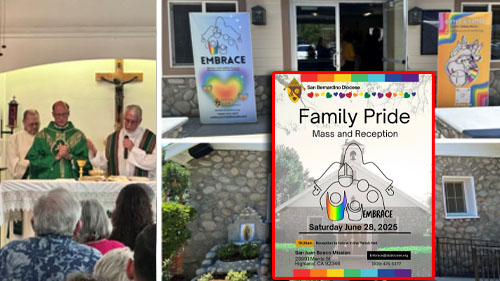Spirituality
“… when it began to dawn towards the first day of the week, came Mary Magdalene, and the other Mary to see the sepulcher. And behold there was a great earthquake. For an angel of the Lord descended from heaven: and coming, rolled back the stone, and sat upon it. And his countenance was as lightning, and his raiment as snow. And for fear of him, the guards were struck with terror, and became as dead men. And the angel answering, said to the women: Fear not you: for I know that you seek Jesus who was crucified: He is not here; for he is risen, as he said.” (Matthew 28:1-6)
Doctrine
“As they were talking about these things, Jesus himself stood among them, and said to them, ‘Peace to you!’ But they were startled and frightened and thought they saw a spirit. And he said to them, ‘Why are you troubled, and why do doubts arise in your hearts? See my hands and my feet, that it is I myself. Touch me, and see. For a spirit does not have flesh and bones as you see that I have.’ And when he had said this, he showed them his hands and his feet. And while they still disbelieved for joy and were marveling, he said to them, ‘Have you anything here to eat?’ They gave him a piece of broiled fish, and he took it and ate before them. Then he said to them, ‘These are my words that I spoke to you while I was still with you, that everything written about me in the Law of Moses and the Prophets and the Psalms must be fulfilled.’ Then he opened their minds to understand the Scriptures, and said to them, ‘Thus it is written, that the Christ should suffer and on the third day rise from the dead, and that repentance and forgiveness of sins should be proclaimed in his name to all nations, beginning from Jerusalem. You are witnesses of these things. And behold, I am sending the promise of my Father upon you. But stay in the city until you are clothed with power from on high.’ Then he led them out as far as Bethany, and lifting up his hands he blessed them. While he blessed them, he parted from them and was carried up into heaven. And they worshiped him and returned to Jerusalem with great joy...” (Luke 24:36-53)










 " />
" /> " />
" /> " />
" /> " />
" /> " />
" />





